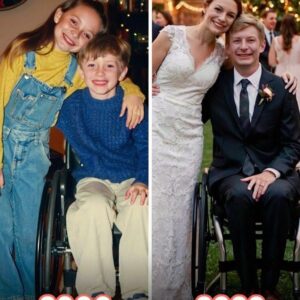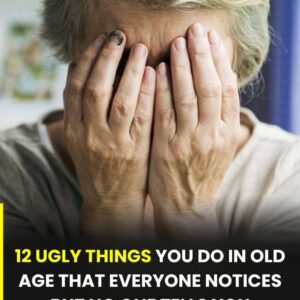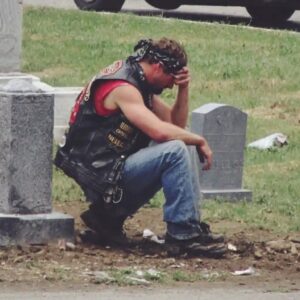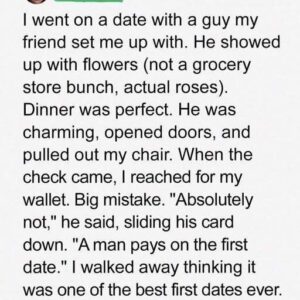When my parents died in a sudden car crash, my life collapsed in slow motion.
Grief didn’t arrive as an overwhelming wave—it seeped in quietly, in hospital hallways that smelled of antiseptic, in the muted voices of police officers who couldn’t look me in the eye, in the silence of a home that no longer echoed with my mother’s humming or my father’s laughter. I was nineteen, alone, and convinced the worst had already happened. I was wrong.
The will reading should have been a formality. I arrived wearing my mother’s blazer, the fabric still faintly holding her perfume, my hands trembling as I twisted my shirt hem for comfort.
Across the table sat my father’s estranged sister, Aunt Dina, dressed in a tight red cocktail dress and wearing a smirk that unsettled me. When the lawyer announced that the house—my childhood home—was being left to her, I thought I had misheard. My protests were met with Dina’s gloating and the lawyer’s shrug, as if the ink on that paper mattered more than the years my parents had raised me there.
Two days later, she arrived at my doorstep with no sympathy, no hesitation, and a simple order: I had twenty-four hours to get out. Pleading with her got me nowhere. She dismissed me with a cruel correction—she wasn’t my aunt, she said, she was my landlord now.
That night, I packed slowly, touching every piece of my life in that house, from the birthday photos to the worn porch swing, trying to hold the memories together as Dina lounged on the couch, eating chips and mocking me between TV reruns.
The next morning, I stood on the front steps with my suitcases and my mother’s old peace lily. That’s when a black limousine appeared, sleek and out of place in our modest neighborhood.
Out stepped a man in a gray suit—Uncle Mike, my father’s brother, whom I hadn’t seen since childhood. He greeted me warmly, but his tone sharpened when he mentioned why he was there: he had seen Dina’s smug social media post bragging about “finally having what was meant for her” and decided to investigate.
Within minutes, two police cars arrived. Together, we approached the house. Dina opened the door in a silk robe and a mimosa in hand, ready to deliver more barbed words, but Mike cut her off.
From his briefcase, he produced proof that the will she presented was a forgery—created after my parents’ deaths, signed with a traced signature from a medical form, and facilitated by an unlicensed lawyer she had paid under the table. The officers didn’t hesitate. Dina’s protests died as the handcuffs clicked shut on the porch, her drink spilling onto her slippers.
Three months later, the court confirmed what Mike had discovered: my parents had never written a will. With no legal document, the house rightfully passed to me. Dina’s name vanished from the records, and Uncle Mike’s lawsuit against her ensured she wouldn’t profit from her deceit.
She lost not just the house, but her standing, her possessions, and her pride, eventually moving into a cramped apartment above a vape shop.
Now, I live where I belong. The house smells like cinnamon again. Fresh herbs grow in the kitchen window, and the peace lily that survived everything bloomed last week—a quiet, stubborn symbol of resilience.
Uncle Mike visits often, bringing odd gifts and steady support, reminding me that I’m tougher than I think. I still miss my parents every day, but I’m building something new in the place they filled with love. The peace lily stays by the window, right where it belongs—just like me.





